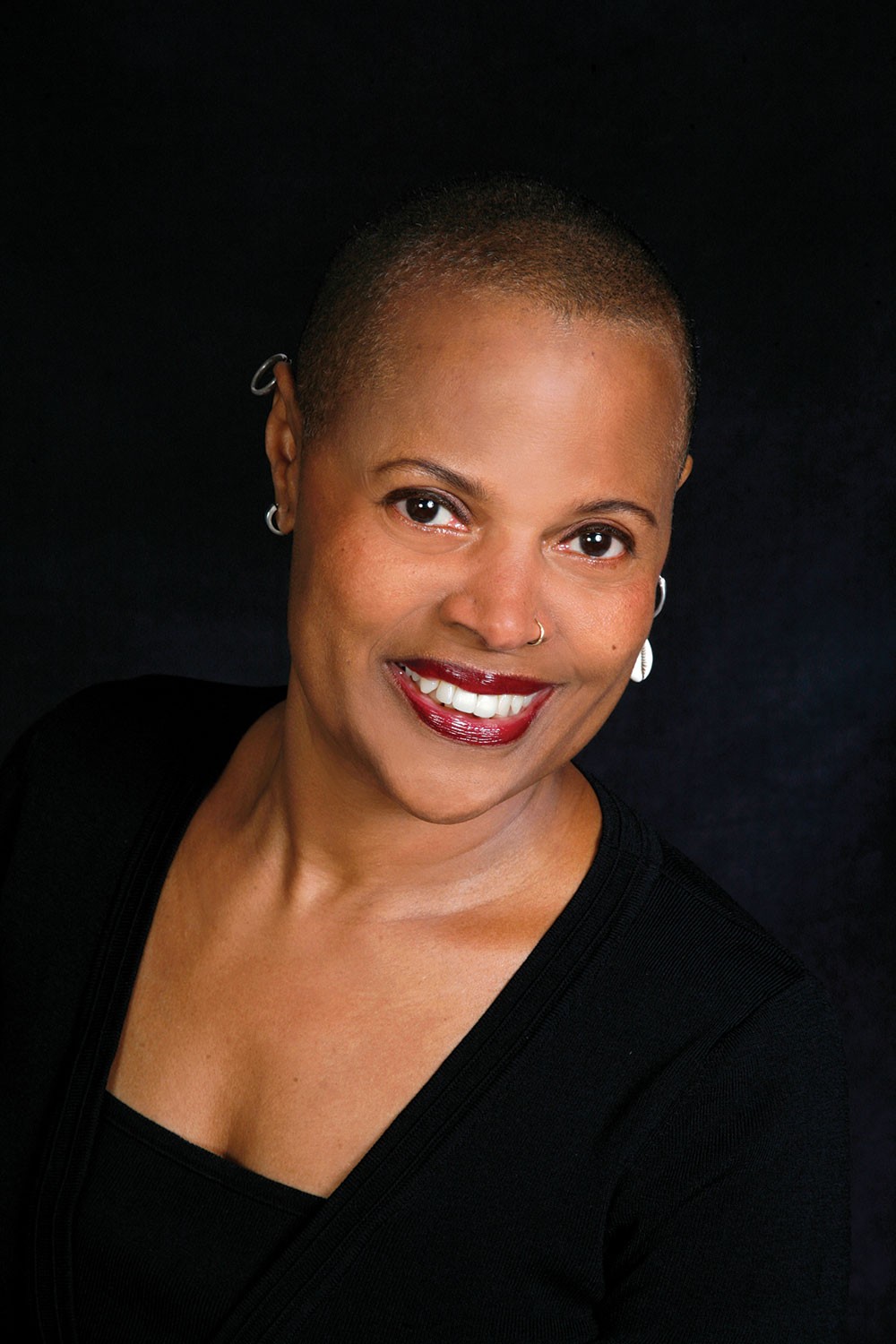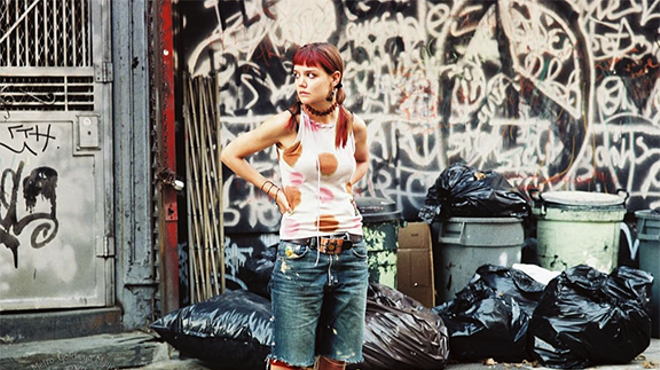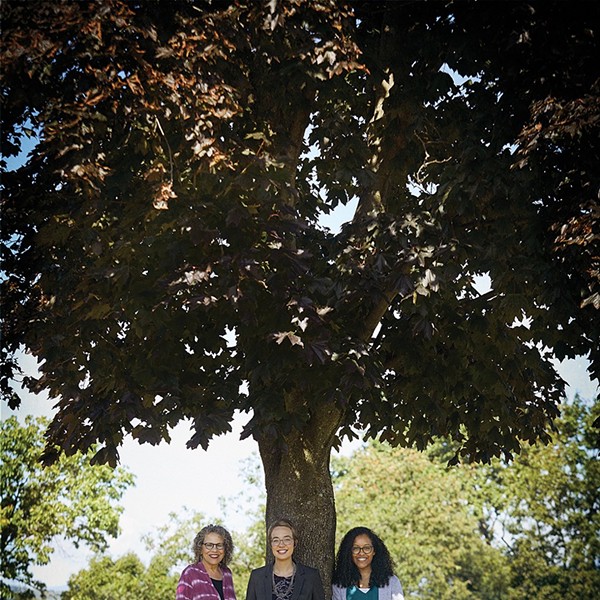She has witnessed police abuse and the murder of black citizens. She has experienced poverty living as a young artist in New York City. She takes her pen name from the stereotype of "the angry black woman" on the "Amos 'n' Andy" show and reclaims it to define herself. She portrays the African-American experience with a strong voice, and uses it to confront uncomfortable realities: institutional neglect, drugs, rape, incest, AIDS, and oppression. She is a best-selling poet and fiction writer with an unflinchingly raw, provocative style. She is Sapphire.
Sapphire will read at SUNY Ulster as a part of the Herbert H. and Sofia P. Reuner Library Writers Series on November 17. Attendees will get the chance to hear excerpts from her previous work as well as a preview of new fiction and poetry.
Her emotionally harrowing novel Push, made into the 2009 Academy Award-winning film Precious starring Gabourey Sidibe, tells the story of an obese and illiterate black teenager who experiences two pregnancies at the hands of her father, emotional and verbal attacks from her mother, and other forms of abuse from all directions. Yet Sapphire's work emphasizes overcoming adversity and self-empowerment among the depravity, offering glimmers of hope.
Her writing relies on the community of change enacted through literature. In Push, the protagonist, Claireece Precious Jones, has a poem published as part of an anthology of autobiographical stories written by her and other remedial school classmates. She begins to think ahead to a more confident and fulfilling future. Precious's fate is left uncertain as the novel ends, after readers find that she is HIV positive.
Precious's story continues through Sapphire's sequel The Kid, published in 2011. The Kid continues similar cycles of abuse, poverty, and trauma that Push began, chronicling Precious's son Abdul's life after her death. Victims become victimizers. There are multiple graphic rape scenes. Sex, violence, and drugs become ways to control and manipulate others. It is brutally direct, an often-disturbing stream-of-consciousness narrative.
But it serves a purpose. To Sapphire, people become more empathic through reading. Understanding and connection are instilled through the written word, which inspires action. "People read about how people are suffering and become determined to end that suffering, and no other act offers greater potential for human development and growth," explains Sapphire.
Professor Nicholas Haines will interview Sapphire and moderate an audience discussion after her reading on November 17. "Public readings can be fun. They can build community," Sapphire says. "They enable an exchange of ideas and energy that reminds writers we're not 'content providers' but artists and intellectuals."
Sapphire appears on November 17 from 10:15am to 1pm at the College Lounge in Vanderlyn Hall at SUNY Ulster in Stone Ridge. The event is free. Sunyulster.edu.

















